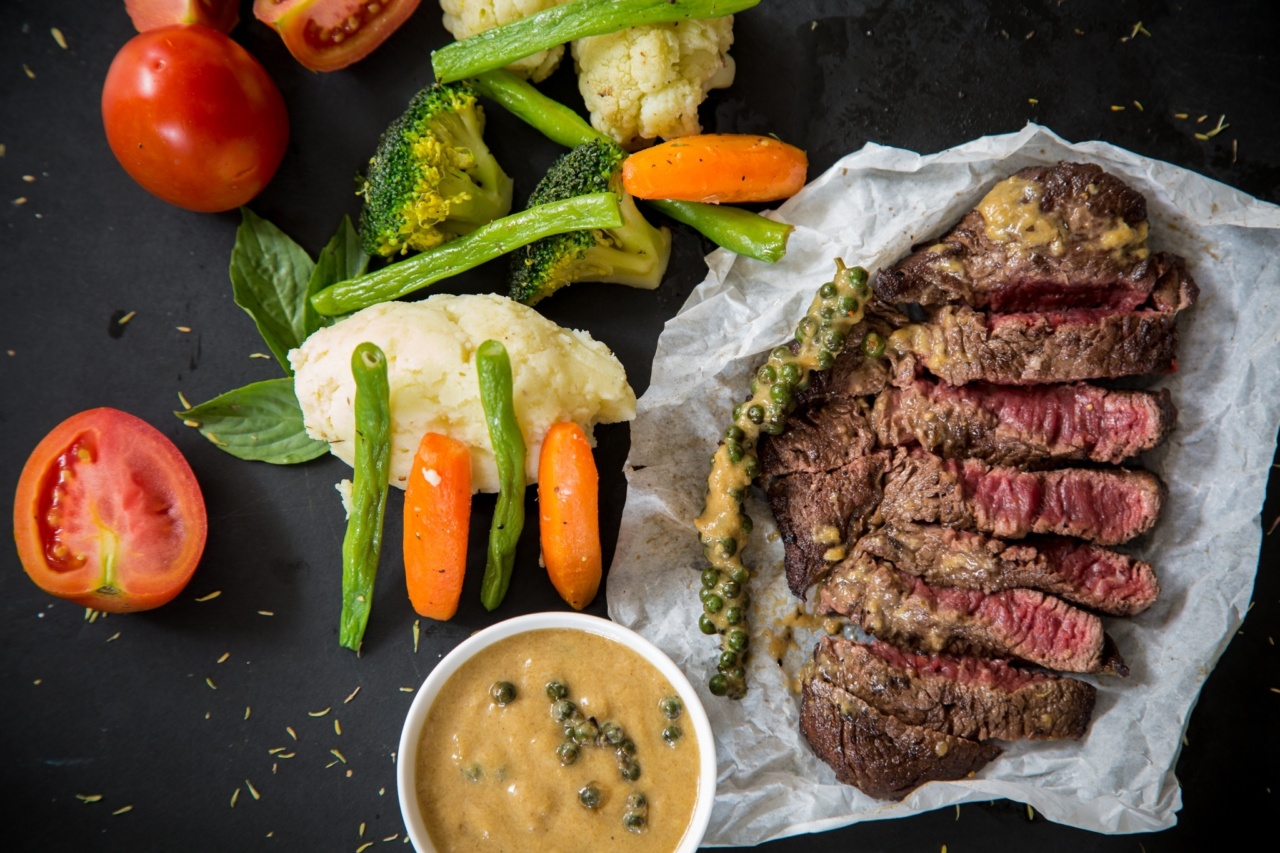Proteins are one of the most essential macronutrients that our body needs for various cellular functions, including repairing and building tissues, making enzymes and hormones, and supporting the immune system.
For a long time, meat has been considered the best source of protein, but in reality, there are plenty of non-meat protein sources that can easily fulfill our daily recommended protein intake.
Plant-based protein sources
Contrary to popular belief, plant-based protein sources can offer high-quality, complete proteins that our body needs. Complete proteins are those that provide all essential amino acids that our body cannot produce itself.
Some of the top plant-based protein sources are:.
- Legumes – black beans, chickpeas, lentils
- Nuts and seeds – almonds, chia seeds, pumpkin seeds
- Quinoa
- Tofu and tempeh
- Certain vegetables – spinach, broccoli, asparagus
Benefits of plant-based protein
Plant-based protein sources not only provide complete proteins, but they also come with various health benefits:.
- Lower in saturated fat – Meat is often high in saturated fat, which can lead to various health issues like heart disease and diabetes. Plant-based protein sources are naturally low in saturated fat and can be a great alternative for people who are looking to lower their saturated fat intake.
- High in fiber – Plant-based protein sources are rich in fiber, which can promote healthy digestion and lower cholesterol levels.
- Full of micronutrients – Plant-based protein sources are packed with various vitamins and minerals like iron, calcium, and vitamin C, which are important for overall health and well-being.
- Environmentally sustainable – Meat production has a significant impact on the environment, including deforestation and greenhouse gas emissions. Opting for plant-based protein sources can make a significant difference in reducing our carbon footprint.
How much protein do we need?
Protein requirements vary depending on a person’s weight, age, and lifestyle. However, the recommended daily intake of protein for an average adult is around 0.8 grams per kilogram of body weight.
For example, if a person weighs 68 kgs, they would need around 54 grams of protein per day.
Sample plant-based protein meal plan
Here is an example of a plant-based protein meal plan that can provide enough protein for an average adult:.
- Breakfast – Overnight oats with chia seeds, almond milk, and topped with sliced almonds (15 grams protein)
- Snack – Roasted chickpeas (6 grams protein)
- Lunch – Quinoa and roasted vegetables salad with tofu or tempeh (20 grams protein)
- Snack – Apple slices with almond butter (5 grams protein)
- Dinner – Lentil soup with whole-grain bread (20 grams protein)
Total protein intake: 66 grams.
Conclusion
Meat is not the only source of protein, and there are plenty of plant-based options available that can provide all the essential amino acids and numerous health benefits.
Opting for plant-based protein sources can help reduce our carbon footprint, lower our saturated fat intake, and increase our intake of various micronutrients, minerals, and fiber. With some planning and research, it is easy to meet our daily protein requirements on a plant-based diet.






























